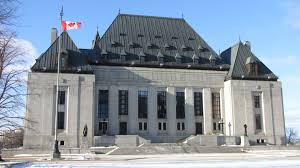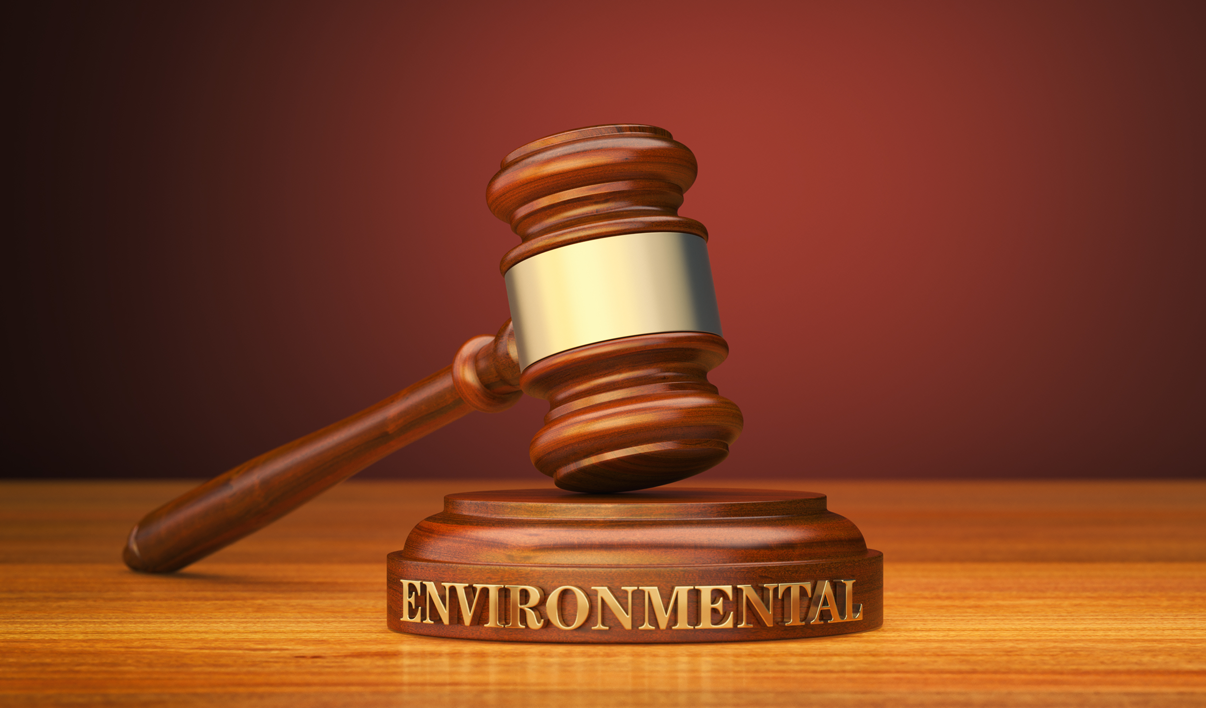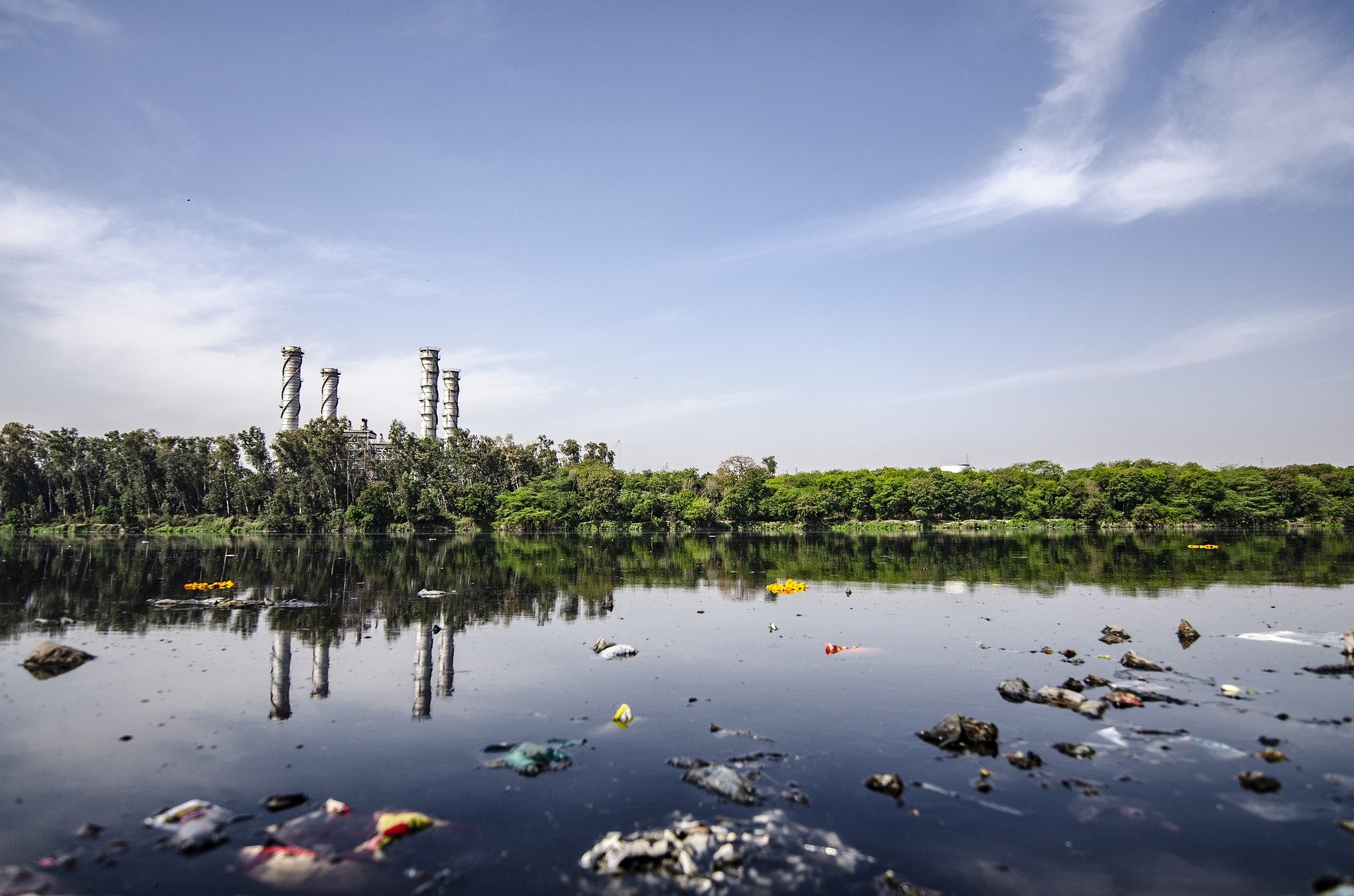Throughout North America, Canadian occupational health and safety (OHS) agencies and US occupational safety and health (OSH) agencies administer and enforce worker protection laws. These laws require extensive employer efforts to protect employees – although in some situations it’s unclear which employer(s) are responsible for which workers. These complex situations include construction sites where one or more landowners or property occupiers hire one or more contractors to performer work. In November 2023 the Supreme Court of Canada deadlocked four-to-three-to-one in a case involving liability for a municipal “owner” that had attempted to contract all responsibilities (and potential liabilities) to the contractor (“constructor”) hired to repair a municipal water main, after a worksite death. (R. v. Greater Sudbury (City)) Because the Supreme Court deadlocked, the Ontario Court of Appeal decision finding the city liable becomes the law of the case, overturning many years of practice in which owners contracted-out OHS responsibilities to their constructors.
Read MoreAudit, Compliance and Risk Blog
Deadlocked Supreme Court of Canada allows restriction of owner-employer contracting out OHS responsibilities to contractors
Posted by Jon Elliott on Thu, Nov 30, 2023
Tags: OSHA, Supreme Court, workplace safety, Canada, Ontario Court, Ontario
BC Supreme Court finds that Covid-19 closures did not "frustrate" employment contract
Posted by Jon Elliott on Wed, Jan 18, 2023
The many orders and rules issued by public and occupational health agencies in response to the COVID-19 pandemic create massive disruptions to employment relationships at organizations worldwide. The Supreme Court of British Columbia recently considered a wrongful dismissal lawsuit following one employer’s response to BC provincial health orders affecting the place of employment. The court acknowledged the significant disruptions to ongoing activities, but refused to apply the doctrine of “frustration” to relieve he employer of notice and severance duties to its employees. The remainder of this blog discusses this case (Fanzone v 516400 B.C. Ltd., 2022 BCSC 2089 (CanLII)).
Read MoreTags: Coronavirus, Covid-19, Employment, Employment Law, Supreme Court
Supreme Court reminder in Superfund case: settling a case under one environmental law may not affect potential liability under others
Posted by Jon Elliott on Wed, Jun 23, 2021
The many overlaps and disjunctions in environmental protection laws mean that many situations are potentially subject to multiple laws and their associated enforcement provisions. On May 24, the US Supreme Court decided the latest incarnation in a long-running dispute between the federal government and the territory of Guam over contamination at a landfill, which included an earlier round involving the Clean Water Act (CWA) and the latest round involving the Superfund law (Comprehensive Environmental Response, Compensation, and Liability Act (CERCLA)) (Guam v. United States). The court decided that a 2004 settlement in a CWA enforcement case did not – and could not – affect Guam’s latest search for financial contributions to cleanup under CERCLA. This decision provides not just specific clarification of the relationship between two CWA and CERCLA cost recovery provisions, but also a general reminder about the need to craft settlements carefully.
Read More
Tags: Environmental, CWA, Supreme Court, CERCLA, environmental law
Supreme Court decision provides Superfund Responsible Parties with some relief
Posted by Jon Elliott on Mon, Jul 27, 2020
Forty years ago, the federal “Superfund” law -- Comprehensive Environmental Response, Compensation, and Liability Act of 1980 (CERCLA) – was enacted to provide legal requirements and procedural methodologies to speed identification and cleanup of contamination. Today, cleanups continue and the requirements and procedures continue to evolve. In April, the United States Supreme Court issued its latest decision interpreting a Superfund provision, this one defining clearer limitations on when the owners of contaminated land can force Responsible Parties for that contamination to pay for cleanup more extensive (and expensive) than cleanup ordered by the Environmental Protection Agency (EPA). The case is Atlantic Richfield Company v. Christian.
Read MoreTags: EPA, RCRA, clean water, Supreme Court, Superfund law, CERCLA, The Montana Supreme Court
Supreme Court provides greater clarity about when discharges to groundwater require Clean Water Act permits
Posted by Jon Elliott on Wed, Apr 29, 2020
On April 23, a six-member majority of the United States Supreme Court issued a decision that narrows the uncertainty about when a discharge of water pollutants to groundwater may require a Clean Water Act (CWA) permit (County of Maui v. Hawaii Wildlife Fund). The decision directly vacates the Ninth Circuit Court of Appeals decision it reviews, and effectively over-rules decisions by the Fourth and Sixth Circuits that differed with the Ninth Circuit but are also inconsistent with the Supreme Court’s new analysis. It also overturns guidance issued by the Environmental Protection Agency (EPA) in 2019 categorically excluding discharges from point sources to groundwater from regulation under the CWA National Pollutant Discharge Elimination System (NPDES) permit program; EPA's policy applied nationwide except in those three judicial circuits.
Read MoreTags: Business & Legal, EPA, CWA, Hawaii Wildlife Fund, County of Maui, NPDES, Supreme Court, Groundwater discharge, water pollutants





